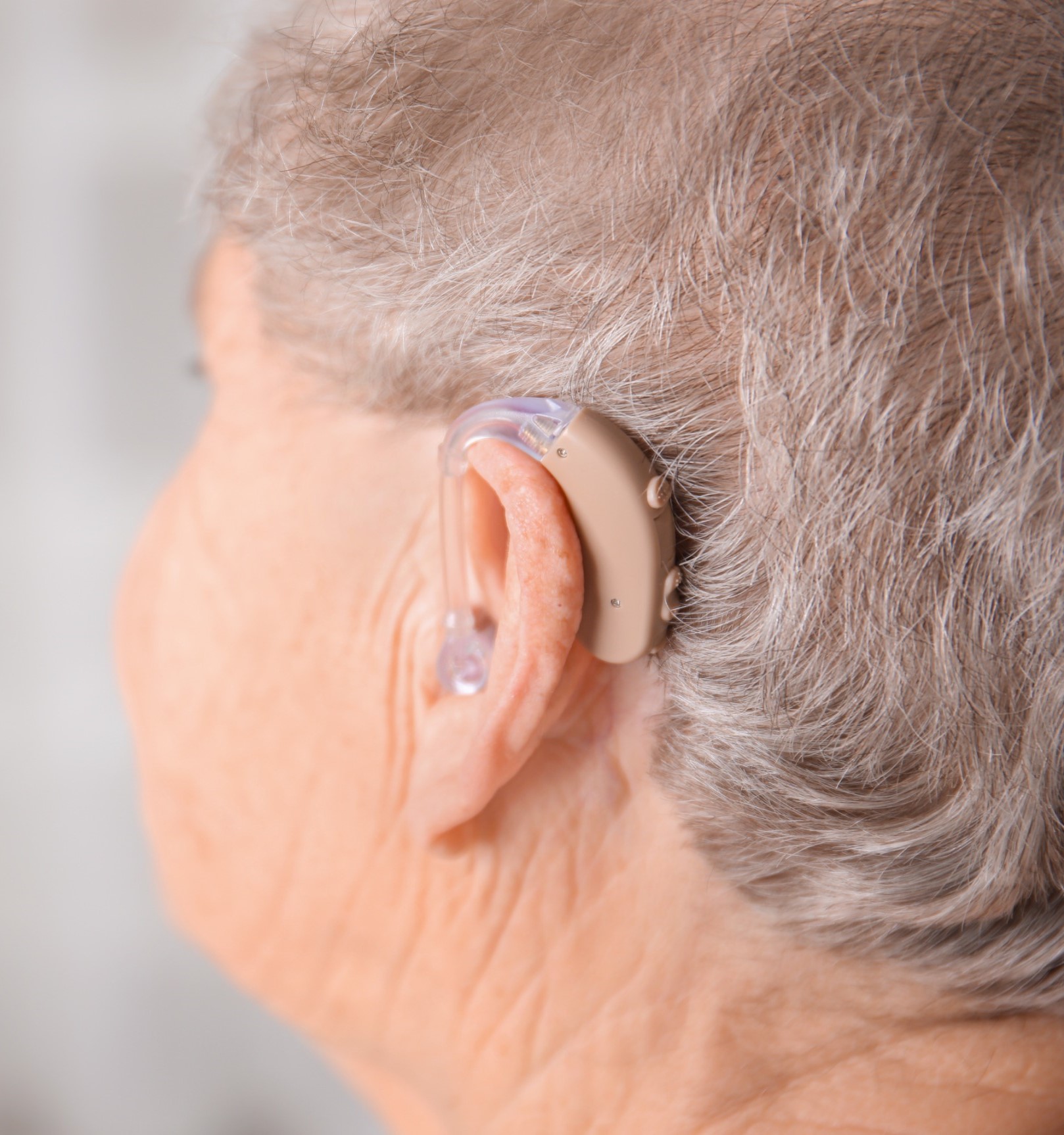

Hearing Loss and Dementia: What You Need To Know
- Dec. 12, 2023
- Senior Living Tips

Recent studies have highlighted a significant connection between hearing loss and the development of dementia. While studies are underway to fully understand the link, early hearing loss detection and prevention strategies are crucial for seniors. Early research shows that individuals with hearing loss are at a higher risk of cognitive decline and the risk increases with the severity of hearing loss.
How Hearing Loss Impacts Brain Function
Hearing loss can lead to social isolation, depression and reduce cognitive stimulation, all of which are risk factors for dementia. The brain's cognitive load increases as it strains to decode sounds, leading to a decrease in resources available for other cognitive processes. This overexertion can accelerate cognitive decline and can directly affect brain structure, which could contribute to dementia.
Symptoms to Watch Out For
It's important to be aware of the early signs of both hearing loss and cognitive decline. Difficulty in understanding speech, especially in noisy environments and frequently asking others to repeat themselves are common early signs of hearing loss. On the cognitive side, increased forgetfulness, difficulty in completing familiar tasks and confusion with time or place may signal the onset of dementia
Early Detection
Early detection is key for hearing loss and regular hearing checks are needed for everyone over the age of 60. Your healthcare provider will be able to provide guidance on types of tests needed and frequency. Ask your provider if you need hearing testing or just hearing screening. Hearing loss will change over time and can be subtle in that the changes can only be detected with a test.
Hearing Aids and Solutions
If hearing loss is detected, using hearing aids can significantly reduce cognitive strain. Reducing cognitive strain can help decrease the chances of developing dementia. Hearing aids will need to be adjusted from time to time, and if hearing loss has progressed, new hearing aids may be required. The lifespan for hearing aids is 3 to 7 years and hearing aid technology is advancing rapidly.
Clunky hearing aids are being replaced with better fitting, modern hearing aids. You may struggle convincing your loved one to wear hearing aids, in these cases, speak with your provider about different hearing aid types available to find one more comfortable. There are also more invasive solutions like bone-anchored hearing systems or cochlear implant.
Conclusion
With a significant connection between hearing loss and dementia, it is important to talk with your loved one and their healthcare provider about solutions and prevention. Early intervention and ongoing maintenance can reduce dementia risk and improve your loved ones quality of life!
ViewClix Smart Frames are the perfect way to stay in touch with your loved one during the holidays! Order your Smart Frame today: https://viewclix.com/shop
